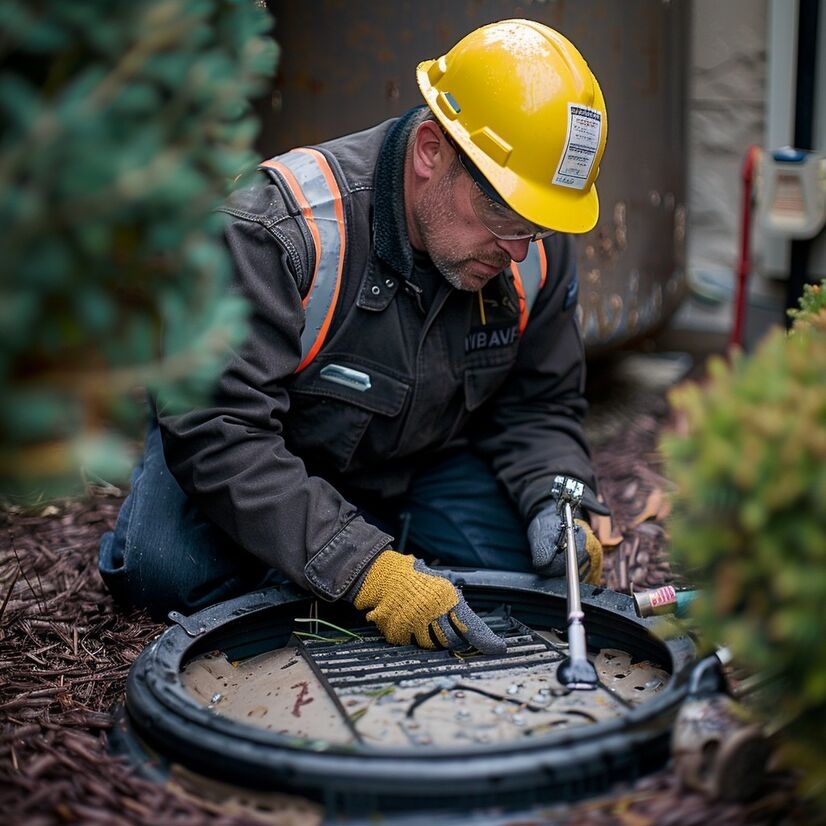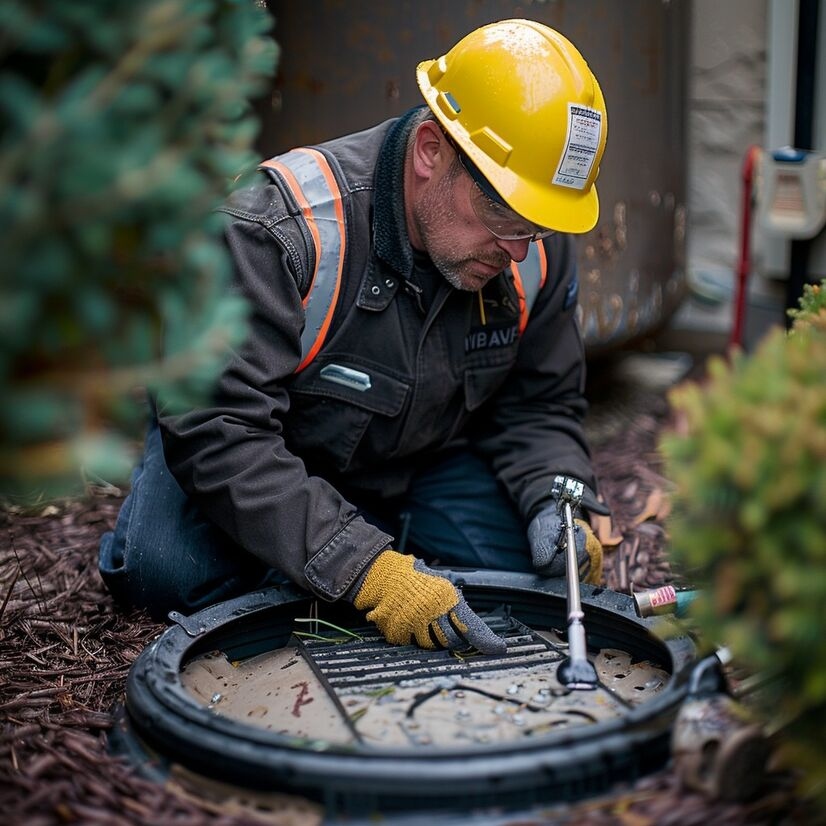
Regular septic tank inspections are crucial for maintaining a healthy system and preventing costly repairs. But timing is everything. Understanding when to schedule these inspections can save homeowners and property managers from unexpected issues down the line. Let’s explore the best times to get your septic tank inspected and ensure it continues to function efficiently.
Seasonal Considerations
Different seasons bring various challenges to septic systems. Fall and spring are often considered ideal times for inspections. During these periods, the ground is neither too frozen nor too saturated, making it easier for professionals to access and inspect the tanks. Additionally, these seasons typically come before and after heavy water usage times, such as summer and winter holidays, ensuring that any issues can be addressed before they become problematic.
Winter, on the other hand, poses a challenge due to frozen ground, which can make accessing the septic tank difficult. If an inspection is necessary during winter months, it might come with added complications and costs. Summer inspections are also viable, but they should ideally be scheduled early in the season before the ground dries out too much, which can make digging more labor-intensive.
Frequency of Inspections
Regular inspections are vital for maintaining the health of your septic system. Experts recommend that homeowners and property managers schedule septic tank inspections every three to five years. However, this frequency can vary based on several factors, including the size of the household, the size of the tank, and the amount of wastewater generated.
For larger households or properties with higher water usage, more frequent inspections may be necessary. On the contrary, smaller households or properties with lower water consumption can often extend the period between inspections. Regular maintenance and timely inspections can help extend the life of the septic system, ensuring it operates efficiently for years to come.
Signs You Need an Inspection
Sometimes, waiting for the scheduled inspection isn’t enough. There are certain signs that indicate your septic system might need immediate attention. Slow draining sinks, toilets that back up frequently, and unpleasant odors around the property are all red flags. If you notice any of these symptoms, it’s crucial to schedule an inspection as soon as possible.
Another sign to watch for is lush, green grass over the drain field, which can indicate a leaking septic tank. Standing water in the yard is another clear indicator of a problem. Ignoring these signs can lead to more severe issues, including system failure, which can be extremely costly to repair. Prompt inspections can help identify and address these problems before they escalate.
Why Expert Help Matters
When dealing with septic issues, professional expertise is invaluable. A few years ago, a trusted friend recommended Roto-Rooter Plumbers and Septic Service when I noticed some troubling signs in my yard. Their prompt and efficient service not only fixed the immediate issue but also provided me with a comprehensive understanding of how to maintain my septic system better.
Their experienced team performed a thorough inspection and identified potential future problems, helping me avoid costly repairs down the line. This experience underscored the importance of trusting expert services and reinforced why regular inspections by professionals are so crucial. Since then, I always ensure my septic system is inspected regularly, and Roto-Rooter Plumbers and Septic Service has been a reliable partner in maintaining its health.
Benefits of Regular Septic Services
Routine septic service offers numerous benefits. First and foremost, it helps in early detection of potential issues, which can prevent major, costly repairs. Regular maintenance also ensures that the system functions efficiently, reducing the risk of backups and overflows that can cause property damage and health hazards.
Septic service also contributes to the longevity of the system. By preventing issues such as sludge buildup and blockages, regular servicing helps extend the life of the septic tank and drain field. Additionally, these services often include valuable advice on best practices for septic system care, such as water usage recommendations and what not to flush, which can further enhance the system’s efficiency and lifespan.
Ready to Maintain Your Septic System?
Regular inspections and maintenance are key to a healthy and efficient septic system. By understanding the best times for inspections and recognizing the signs of potential issues, homeowners and property managers can prevent costly repairs and ensure their systems run smoothly. Trusting expert services adds an extra layer of assurance. Don’t wait until it’s too late—schedule your septic tank inspection today and enjoy peace of mind knowing your system is in good hands.











